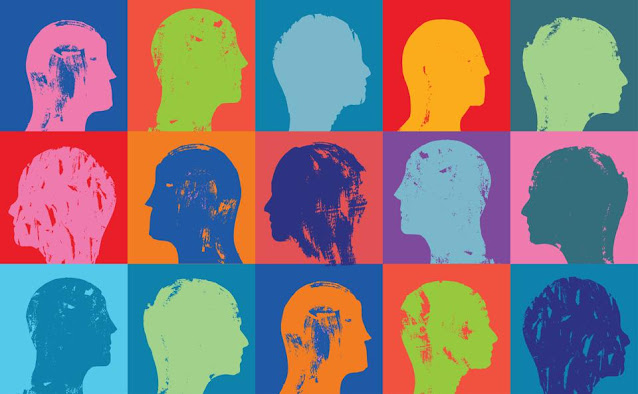How Taxation Affects Healthcare and Why Objectivity Matters
Healthcare is a fundamental human right, but it also comes with a cost. How we pay for it, and who pays for it, are some of the most contentious and complex issues in our society.
What is the connection between health care and taxes?
In the United States, health care and taxes are closely intertwined. Depending on your income, health insurance status, and tax filing situation, you may be eligible for tax credits, deductions, exemptions, or penalties related to your health coverage.
For example, if you buy a health plan through the Health Insurance Marketplace, you may qualify for a premium tax credit that lowers your monthly payments. This credit is based on your estimated household income for the year, which you report on your tax return. If your actual income is different from your estimate, you may have to pay back some or all of the credit, or you may get a refund.
On the other hand, if you have health insurance through your employer or another source, you may be able to deduct some of your out-of-pocket medical expenses from your taxable income. You may also be exempt from paying taxes on certain benefits, such as employer contributions to your health savings account (HSA) or flexible spending arrangement (FSA).
However, if you do not have health insurance coverage for all or most of the year, you may have to pay a penalty with your tax return. This penalty was introduced by the Affordable Care Act (ACA) as a way to encourage people to get insured and reduce the burden of uncompensated care on the health system. The penalty was repealed by the Tax Cuts and Jobs Act of 2017, but some states still have their own individual mandate laws.
Why does taxation matter for health care?
Taxation is not only a source of revenue for the government, but also a tool for influencing behavior and promoting social welfare. By taxing certain products or activities that are harmful to health, such as tobacco, alcohol, sugar-sweetened beverages, or carbon emissions, the government can discourage their consumption and generate funds for health programs or other public goods. These are known as health taxes or sin taxes.
Health taxes can have positive effects on both individual and population health outcomes. For instance, studies have shown that higher tobacco taxes can reduce smoking prevalence, especially among young people and low-income groups. Similarly, higher taxes on sugary drinks can lower their consumption and obesity rates. Health taxes can also create a "double dividend" by reducing health care costs and increasing productivity.
However, taxation also has limitations and challenges for health care financing. For one thing, taxation can be regressive, meaning that it disproportionately affects poorer people who spend a larger share of their income on taxed goods or services. This can exacerbate inequalities and create barriers to access for those who need health care the most. For another thing, taxation can face political opposition from powerful interest groups or consumers who resist paying higher prices or losing their choices.
Why is objectivity important for lawmakers?
Given the complexity and controversy of taxation and health care issues, it is essential for lawmakers to be objective and impartial when making decisions that affect millions of people's lives and well-being. Objectivity means basing one's judgments on facts and evidence rather than personal opinions, biases, emotions, or ideologies. It also means being transparent about one's sources of information and acknowledging any potential conflicts of interest or limitations of knowledge.
Objectivity is important for lawmakers because it helps them to:
- Evaluate the costs and benefits of different policy options
- Consider the perspectives and needs of different stakeholders
- Avoid favoritism or corruption
- Enhance public trust and legitimacy
- Promote accountability and responsibility
However, objectivity is not always easy to achieve or maintain in practice. Lawmakers face many pressures and influences from various sources, such as lobbyists, donors, media, constituents, parties, or colleagues. They also have their own values, beliefs, preferences, and motivations that may shape their views and actions. Moreover, they may encounter uncertainty or ambiguity in the data or evidence they rely on.
Therefore, lawmakers need to be aware of these challenges and strive to overcome them by:
- Seeking diverse and reliable sources of information
- Applying critical thinking and analytical skills
- Engaging in constructive dialogue and deliberation
- Seeking feedback and input from experts and stakeholders
- Admitting errors and correcting mistakes
In this series, we will examine how taxation affects different aspects of health care in the United States, such as access, quality, equity, efficiency, innovation, and sustainability. We will also discuss how lawmakers can use objectivity as a guiding principle to design and implement policies that are fair, effective, and responsive to the needs and preferences of the people they serve.



